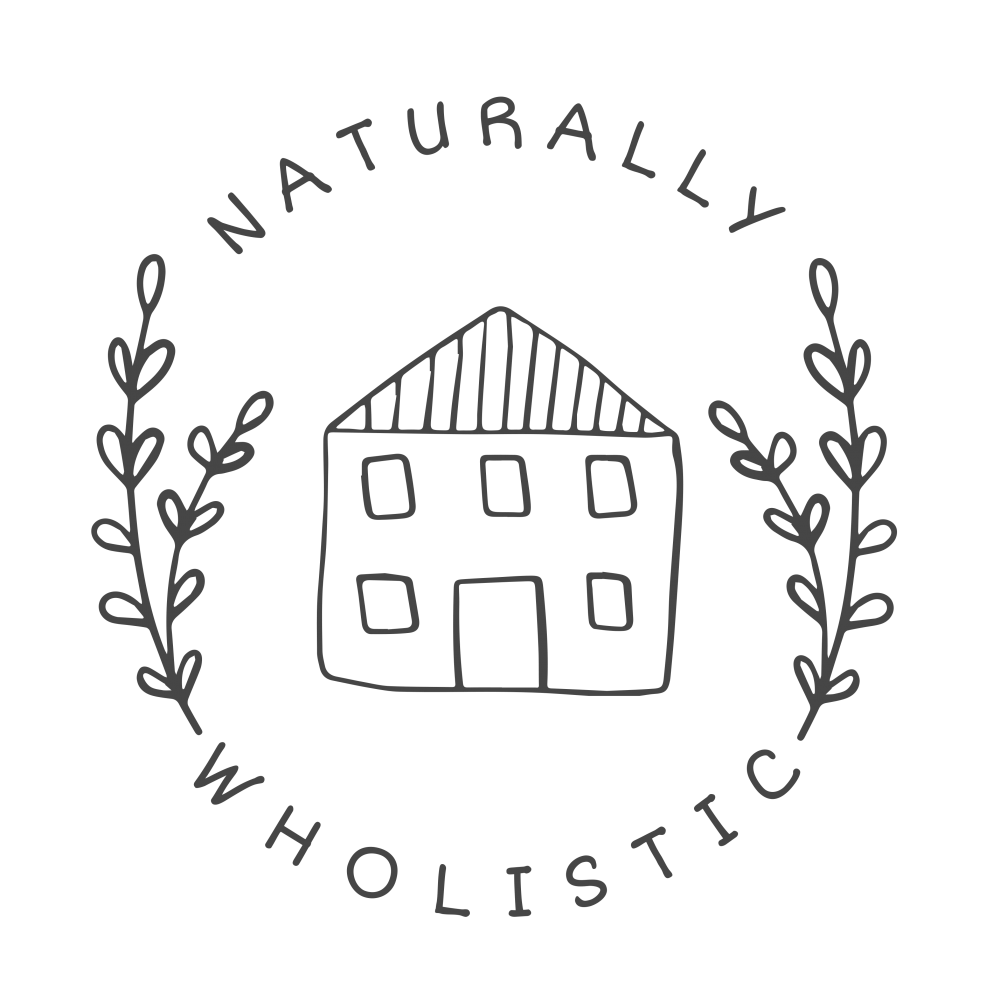.jpg) If you’ve known me for any length of time, you’ll know that I’m obsessed with sourdough baking. I started four-and-a-half years ago with a modern white flour sourdough starter, converting it to einkorn flour exclusively in 2018. I began simply wanting to bake healthier bread for my family, but my efforts have expanded over the years to include all kinds of sourdough baking projects, as well as sharing sourdough starter and teaching countless friends and acquaintances to bake with it also. I challenge myself to make sourdough versions of anything I might want to bake. Coupled with wholesome einkorn flour, I truly believe it’s the most nourishing way I can serve my family bread.
If you’ve known me for any length of time, you’ll know that I’m obsessed with sourdough baking. I started four-and-a-half years ago with a modern white flour sourdough starter, converting it to einkorn flour exclusively in 2018. I began simply wanting to bake healthier bread for my family, but my efforts have expanded over the years to include all kinds of sourdough baking projects, as well as sharing sourdough starter and teaching countless friends and acquaintances to bake with it also. I challenge myself to make sourdough versions of anything I might want to bake. Coupled with wholesome einkorn flour, I truly believe it’s the most nourishing way I can serve my family bread.
Instead of relying on commercially-produced baker’s yeast as is common with modern bread, sourdough bread is made using a sourdough starter. It’s the naturally-occurring leavening agent that bakers have been using for thousands of years, made up of just grain flour and water. The equal-parts mixture creates a perfect environment for a naturally-occurring symbiotic culture of beneficial bacteria (lactobacilli) and wild yeast (airborne fungus) to grow and multiply. I know, yes, that’s a mouthful. Try not to let your eyes glaze over though, because I think the science behind sourdough is fascinating!
.jpg) The wild yeast breaks down the sugars and starch in the grain, making it accessible for the bacteria to eat and digest. This is the magic of fermentation! In order for fermentation in a sourdough starter to work though, it must be “fed” regularly with flour and water, which gives the yeast and bacteria a continuous supply of sugar and starch. The fermentation process is thus kept in a continuous feeding and digesting cycle.
The wild yeast breaks down the sugars and starch in the grain, making it accessible for the bacteria to eat and digest. This is the magic of fermentation! In order for fermentation in a sourdough starter to work though, it must be “fed” regularly with flour and water, which gives the yeast and bacteria a continuous supply of sugar and starch. The fermentation process is thus kept in a continuous feeding and digesting cycle.
Sourdough bread is then made using a small amount of the sourdough starter mixed with flour, sea salt, and water (and a tiny bit of baking soda at the end, in the case of einkorn flour). The yeast and bacteria from the sourdough starter go to work on the added ingredients during the proofing (fermentation) time (usually 10-12 hours), and then the dough is baked, resulting in a delicious bread that is yummy and healthier than modern yeast breads.
.jpg) The sourdough fermentation process results in several byproducts, which are capitalized upon to create the perfect loaf of sourdough bread:
The sourdough fermentation process results in several byproducts, which are capitalized upon to create the perfect loaf of sourdough bread:
- Carbon Dioxide. The CO2 released by the wild yeast and bacteria during fermentation creates tiny pockets of air within the dough, which is responsible for the rising and expanding action necessary for a delicious loaf of bread. Carbon dioxide is the natural leavening agent of sourdough bread and creates those pretty holes in each slice.
- Lactic Acid. Another major byproduct of the sourdough fermenting process is lactic acid, which makes bread more easily digestible by breaking down the grain proteins into amino acids. It also makes the nutrients in the grain more easily absorbable by the body, and it increases the antioxidant content. In addition, lactic acid is one of the byproducts that gives sourdough bread that unique, tangy flavor.
- Acetic Acid. Also a result of the interaction between wild yeast and bacteria, acetic acid (vinegar) acts as a natural preservative (no chemicals needed!) by lowering the pH level of the dough, therefore inhibiting potential mold growth. It’s also responsible for the unmistakable “sour” flavor.
- Ethanol. The byproduct of ethanol creates that delicious aroma in the kitchen when bread is baking!
.jpg) The fermentation process of sourdough is a much longer endeavor compared to modern bread made with baker’s yeast. Though this may seem like a downfall, it’s actually a huge benefit because the longer process breaks down the proteins to make the bread more digestible, it pre-digests a lot of the sugar and gluten, and it makes the nutrients more bio-available. And most of the long wait time is spent proofing, letting the sourdough work its magic. I typically proof my dough overnight while I’m sleeping! There’s very little work actually required on the baker’s part, and I believe that sourdough is more forgiving than baker’s yeast. Fermenting times can be longer or shorter, depending on the needs of your schedule.
The fermentation process of sourdough is a much longer endeavor compared to modern bread made with baker’s yeast. Though this may seem like a downfall, it’s actually a huge benefit because the longer process breaks down the proteins to make the bread more digestible, it pre-digests a lot of the sugar and gluten, and it makes the nutrients more bio-available. And most of the long wait time is spent proofing, letting the sourdough work its magic. I typically proof my dough overnight while I’m sleeping! There’s very little work actually required on the baker’s part, and I believe that sourdough is more forgiving than baker’s yeast. Fermenting times can be longer or shorter, depending on the needs of your schedule.
Modern baker’s yeast, however, is a hybrid fungus that offers a quick rising action to be used immediately. While that is desirable for some reasons, it lacks the health benefits of the long sourdough proof. Without the interaction of wild yeast and bacteria, modern yeast bread is missing the beneficial lactic and acetic acid, as well as their associated health benefits. It definitely pays to be patient and wait for the long proof of sourdough bread!







I am new to the bread and sourdough baking. Can you give me your sourdough starter recipe?
Margaret, I have sent you an email! Please check your inbox. Blessings to you!
Hi. I am new also to sourdough bread baking. Would you share your sourdough starter recipe?
Hi Paula! I actually used a starter from Cultures for Health to get me started. Super simple and pretty full proof. I used this one – https://culturesforhealth.com/collections/sourdough/products/san-francisco-sourdough-starter
I hope that helps! Blessings to you!